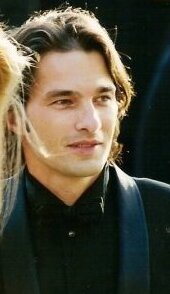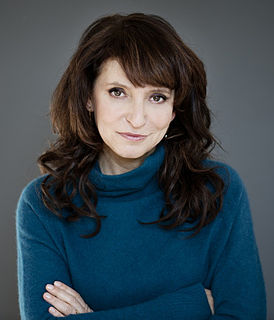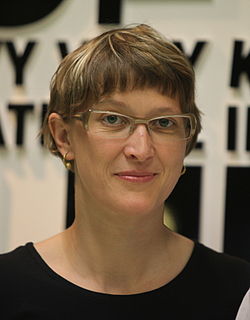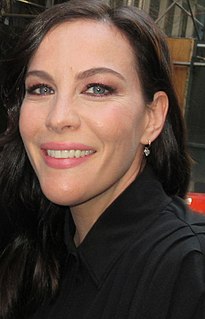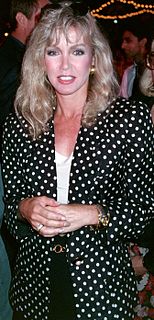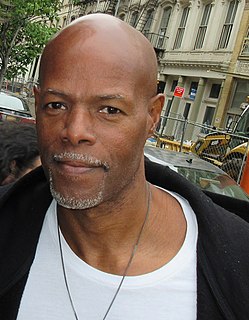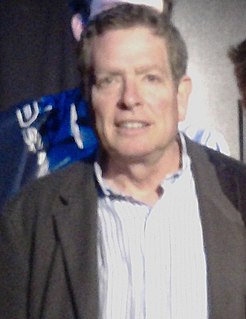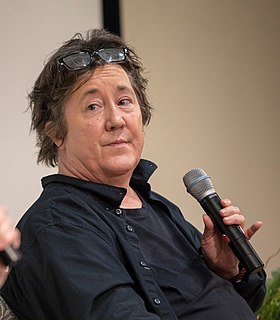A Quote by Woody Allen
I always feel, I guess being a product of the movies of the 40s where movies were the greatest things and screens were big and palaces were palaces and stars were larger than life that reality was so much inferior to what we felt was conceivably possible from what we had seen in the movies.
Related Quotes
When I was a kid, I was watching the movies my parents wanted to watch. I came from a working class family, not specifically educated, so we were watching popular movies. My dad liked cowboy movies, so we were watching cowboy movies. Some of them were amazing. It’s a genre of movie I like very much.
There has been a stigma around letting movies be seen on home screens on the same day as theatrical screens. Universal said they were going to do it with 'Tower Heist,' but they backed off when challenged by the theater owners. I understand where the theater owners are coming from on big studio movies.
Richard Donner made great movies. Seminal movies. The Academy, though, and we have to be careful here, should recognize popular films. Popular films are what make it all work. There was a time when popular movies were commercial movies, and they were good movies, and they had to be good movies. There was no segregation between good independent films and popular movies.
I just remember saying to myself that I'd much rather do movies than modeling, and that it was worth a try. I didn't really know anything about it. I hadn't seen many movies, or so-called, good movies. When I was a kid, I was obsessed with Star Wars and Night of the Living Dead. When I got more curious about the movies, I thought they were something you had to learn about and go to school for and read every book.
There were no horror movies or horror books to speak of in the '40s. I picked the '50s because that pretty well spans my life as an appreciator - as somebody who's been involved with this mass cult of horror, from radio and movies and Saturday matinees and books. In the '40s there really wasn't that much. People don't want to read about horrible things in horrible times. So, in the '40s, there was Val Lutin with The Cat People and The Curse of the Cat People and there wasn't much else.
I grew up looking at... going to the movies a lot, as much as they'd let you. I grew up in Manchester in the north of England in the '40s and '50s. I saw a lot of movies. They were all Hollywood and British movies. I didn't see a film that wasn't in English until I was 17 when I went to London to be a student.


